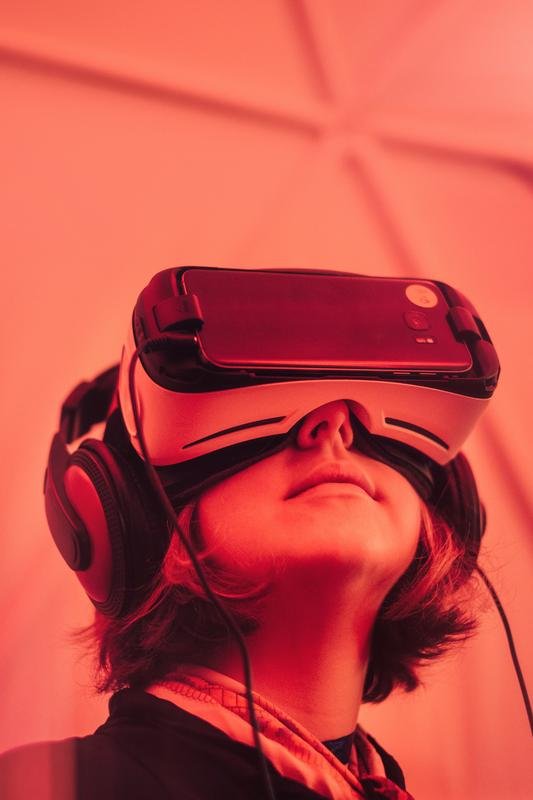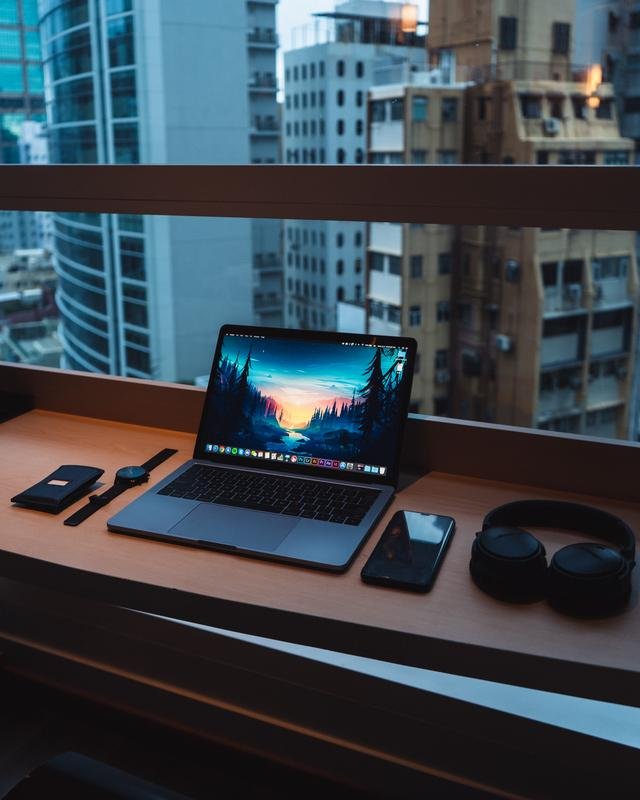How a “Tech Diet” Changed My 2018
Technology has changed the way that we interact with each other and the world around us in so many ways from smartphone apps to smart houses to smart cars. But, when does technology become too much and when do you know that you need to take a break?
Just like healthy foods, technology can be good for us. But, as with anything in life, moderation is needed. Many of us binge on technology because it’s so easy to do so and its widely accepted by society to be addicted to technology in our daily lives.
According to a survey by GlobalWebIndex with respondents in 34 different countries, consumers spend an average of 6.5 hours per day online but some areas are as high as 9 hours per day!
One third of that time was spent on just social media usage!

Technology Usage and Mental Health
Some recent scientific studies have stated that increased tech and social media usage has led to increased risk of depression, anxiety, and addiction to other common triggers for mental health concerns. Internet Addiction Disorder was recently added to the recognized list of mental health disorders and is now coined a medical diagnosis.
How does tech use impact our brains?
• Serotonin- neurochemical released when humans are experiencing periods of creativity, connectedness, and contributing to something worthwhile.
• Endorphins- considered to be the natural painkillers of the human body, when these are released during meditation, mindfulness exercises, gratitude, or cardio workouts, these are beneficial to overall wellbeing.
• Oxytocin- oftentimes released during interactions with those we have a meaningful connection to.
• Dopamine- considered to be a “pleasure neurochemical” that has been associated to instant gratification and can lead to addiction. Many tech developers have specifically been targeting ways to trigger a release of dopamine in users and this has led to an increase in tech addiction.
• Adrenaline- well known for regulating the body’s response when in a fight or flight situation but can, also be triggered by admiration or adoration from our online fans.
• Cortisol- a stress hormone lauded by sleep deprived, distracted, and people that are way too busy.
Technology becomes an addiction when we allow it to become such. Healthy uses for technology are those that release oxytocin, serotonin, or endorphins with examples being wellness apps, meditations, or those that allow us to connect to other people.
The apps that are intentionally targeting the release of dopamine and then charging money for more lives or upgrades are those that are feeding unhealthy addictions in both adults and children. Many of us use technology like we eat junk foods, to combat loneliness or stress.

Tech Diets & Digital Detoxes
Mid 2018, my family chose to adopt a tech diet after 10 days of a complete detox from social media, apps, and the Internet in general. I thought it would be easy but I didn’t realize how much of a tech junkie I was!
The first 2 days I had literally no idea what to do with myself. I take my smartphone everywhere with me, even into the bathroom. But, by day 10 I didn’t want to go back to using Facebook or Twitter because I had found freedom.
I spent time with family, played board games and cards, read books that I have been meaning to read for years, decluttered my house and my vehicle, called people on the phone instead of texting, spent more time at the gym and on spiritual activities, and so much more. It was great! Towards the end of it, I felt like I had more than enough time in my day to get work done and spend time on activities that mean something to me.
After the tech detox, we chose to allow an hour per day of Internet use or social media use but not more than that. I used mine to post on Steem and respond to Discord messages, then got some Twitter time in if I had time left over. Since then, I have allowed myself to spend up to 3 hours per day online and I no longer take my phone into the bathroom with me. Progress, right?
Would love to hear your thoughts on tech diets or detoxes!
Good